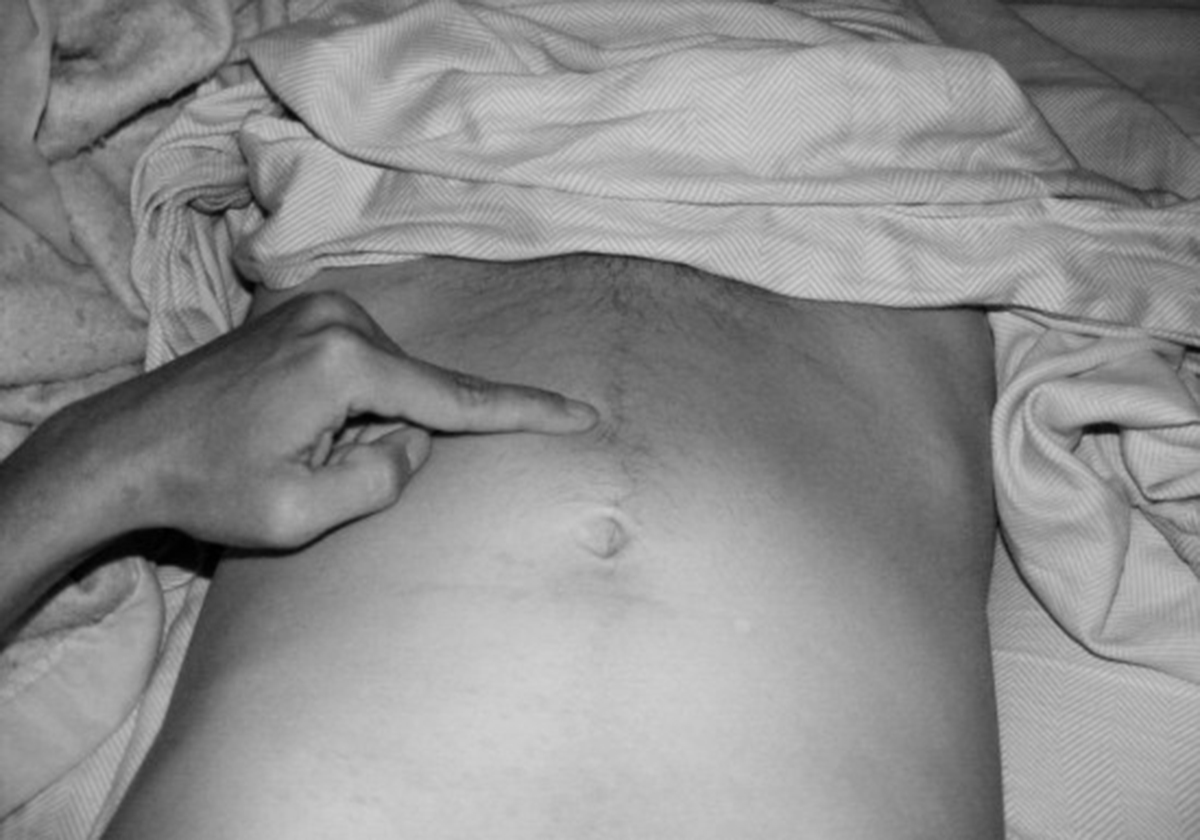Table of Contents
4. Hepatitis C.
At first blush, there wouldn't seem to be much of a role for paleo diets in treating hepatitis C. After all, paleo diets often emphasize meat, and hepatitis C diets often emphasize cutting back on protein so the liver doesn't have to do the extra work of converting excess amino acids into sugar and toxic urea, which in turn has to be alkalized by the kidneys. However, an overlooked aspect of paleo diets may be just what the doctor ordered by people who have hepatitis C. That overlooked aspect of paleo dieting is intermittent fasting.

Read More: The Truth About Paleo Diets
You don't have to starve yourself. Just don't stuff yourself. Your liver enzyme levels may improve, and you will probably feel better, too.
5. Flatulence.
Just about everyone has problems with flatulence at one time or another. And the reason most people have them is very simple: Dairy products are a gas.
Infants and toddlers produce the enzymes their bodies need to digest the lactose sugar in milk and dairy products, but 90% of children, teens, and adults in the world don't. Milk was, after all, meant for babies. When you don't digest milk sugar, the bacteria in your gut ferment it. And fermentation releases gassy bubbles that result in farts.
And even if you take Lactaid or use milk products to which lactase (the enzyme) has been added, the casein in all dairy except whey can irritate the lining of the gut and also cause gas. If you just have to have your dairy, try to stick to fermented milk products like cheese, yogurt, kefir, and mazan.
6. Halitosis.
Most of us think of halitosis as something that is caused by the food we eat, but food odors only linger in the mouth when food particles are allowed to stay there. Something as simple as drinking a glass of water when you eat your garlic bread or your hamburger and onions will go a long way toward freshening your breath. So will brushing, flossing, and mouthwash.
But when bad breath just won't go away, the problem usually rises from the lower digestive tract. The lactose in milk, the sugars in fruit, high-fructose corn syrup in colas and baked goods, and resistant starch in potatoes and rice can all build up so much gas in the lower digestive tract that some leaks up into the throat and mouth. The secret to to getting rid of this source of halitosis is simple. Ditch the dairy and cut the carbs, and see if the worst problems with bad breath go away.
7. Type 2 diabetes.
Diabetes is a complex disease, but type 2 diabetes is at least in part of a digestive issue. The digestive tract releases too much sugar into the blood stream, before an ailing pancreas has an opportunity to "unzip" stored insulin for release. A very basic way of dealing with this problem is simply slowing down the passage of food from the stomach to the small intestine, so the pancreas has more time to release insulin to cover the increase in blood sugar levels.
The fiber in vegetables slows down the passage of food from the stomach, and helps you feel fuller so you eat less. Both actions help your pancreas keep up with your blood sugars. Sour foods--our ancient ancestors must have eaten lots of foods that had gone sour--also slow down the passage of food from the stomach and reduce the burden on insulin production. And there's probably nothing more important for type 2 diabetics seeking to keep their blood sugar levels in check that avoiding pastries, candies, cakes, cookies, jams, jellies, ice cream, and pies, which you won't eat at all or you will eat in a very different form on any paleo diet.
- Frassetto LA, Shi L, Schloetter M, Sebastian A, Remer T. Established dietary estimates of net acid production do not predict measured net acid excretion in patients with Type 2 diabetes on Paleolithic-Hunter-Gatherer-type diets. Eur J Clin Nutr. 2013 Sep. 67(9):899-903. doi: 10.1038/ejcn.2013.124. Epub 2013 Jul 17. PMID: 23859996.
- Ho KS, Tan CY, Mohd Daud MA, Seow-Choen F. Stopping or reducing dietary fiber intake reduces constipation and its associated symptoms. World J Gastroenterol. 2012 Sep 7. 18(33):4593-6. doi: 10.3748/wjg.v18.i33.4593.
- Photo courtesy of Ryan Hyde by Flickr : www.flickr.com/photos/breatheindigital/4369627924/
- Photo courtesy of Scott by Flickr : www.flickr.com/photos/uzi978/3536069551/


Your thoughts on this